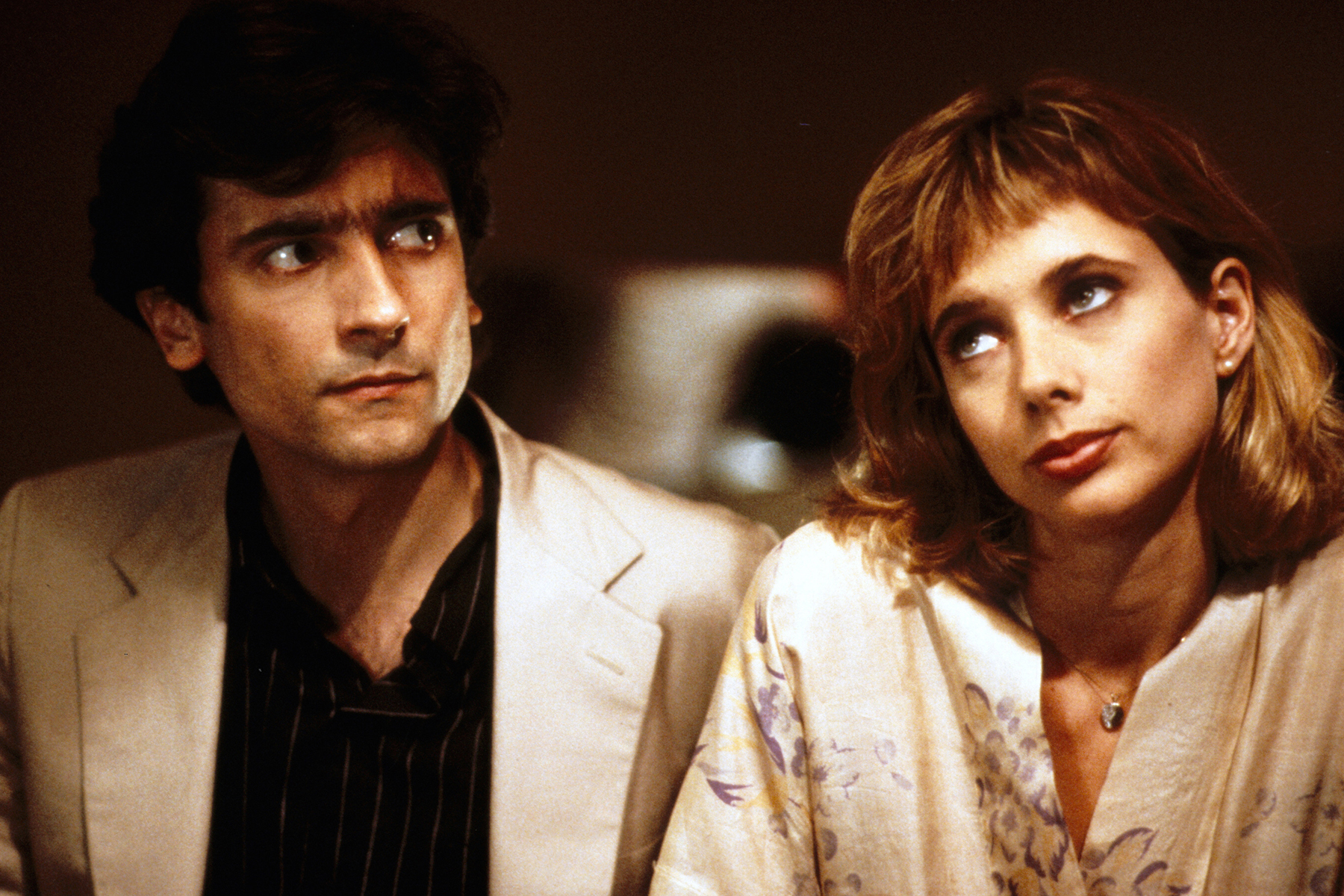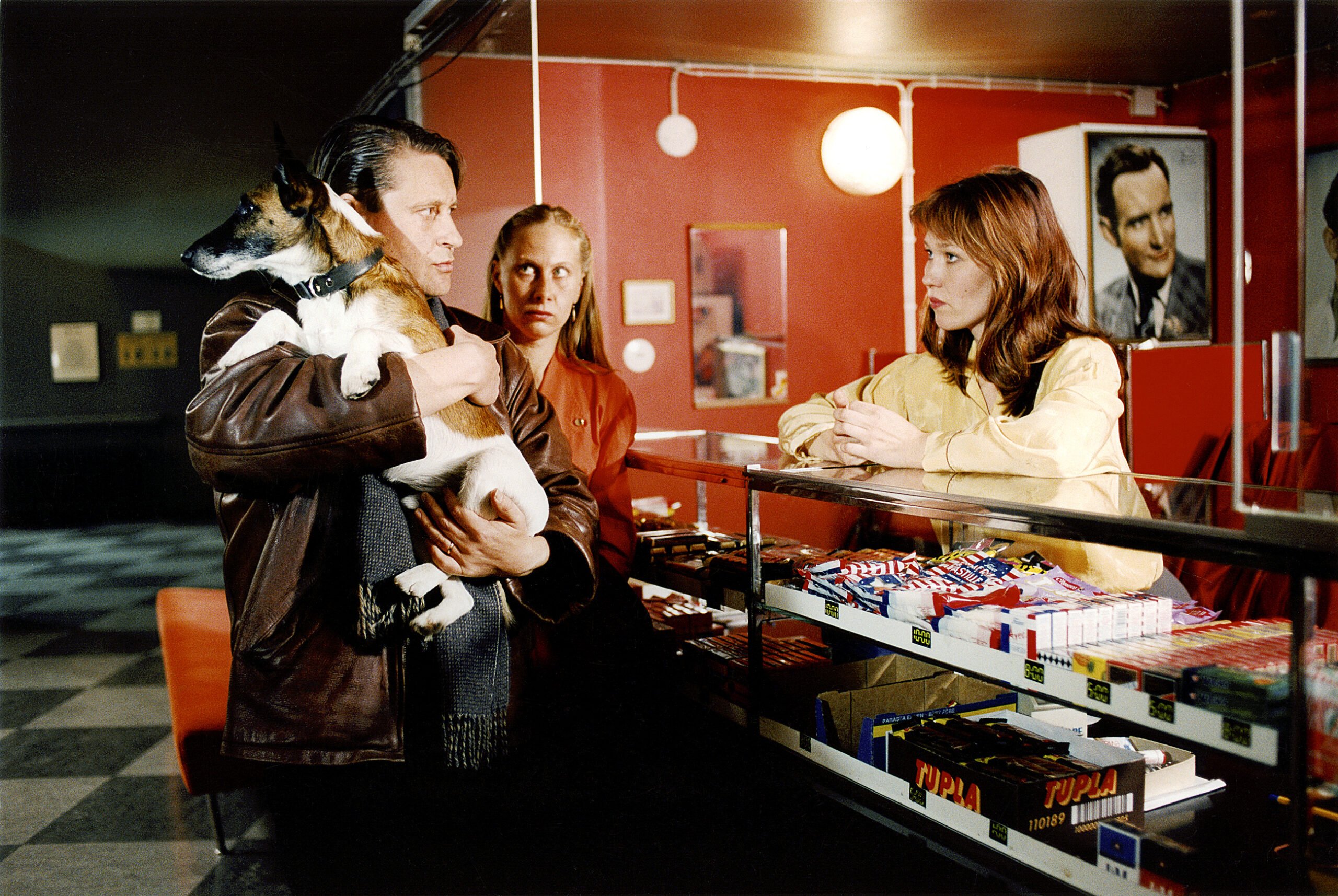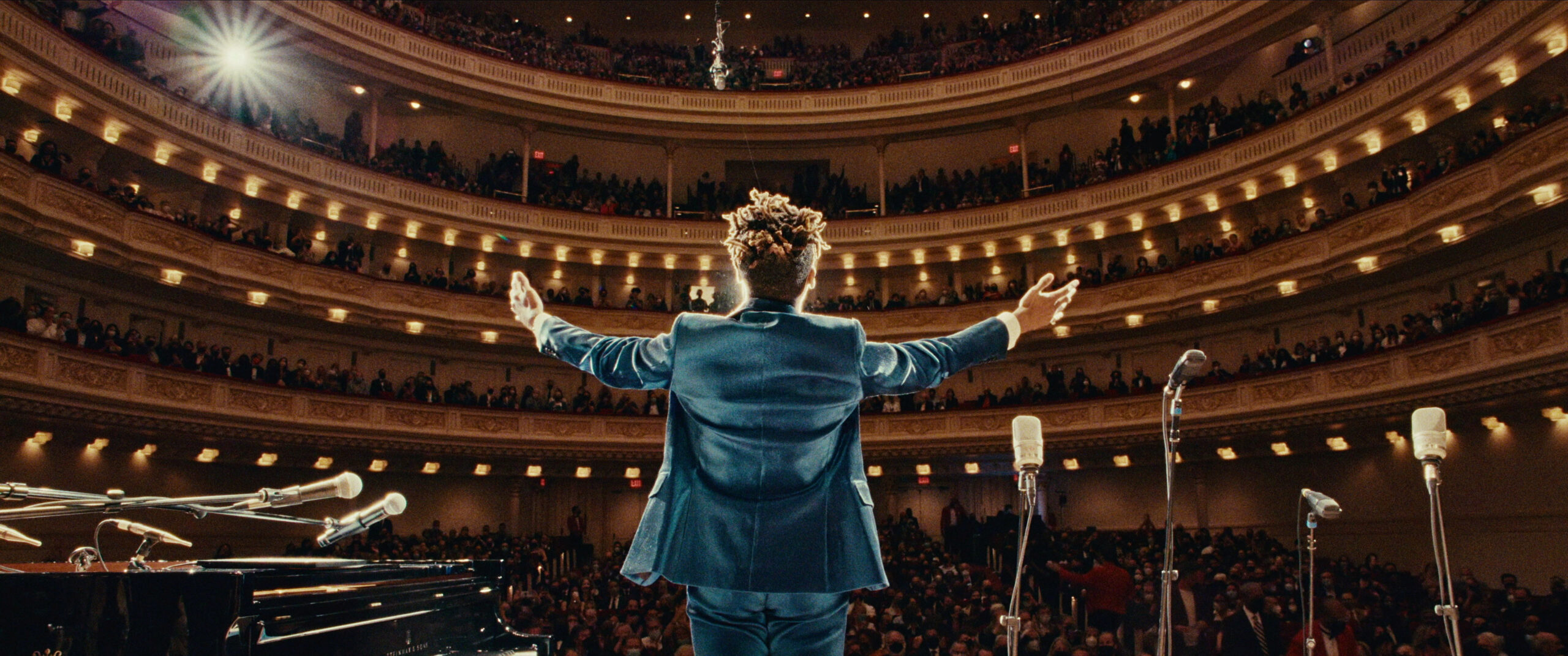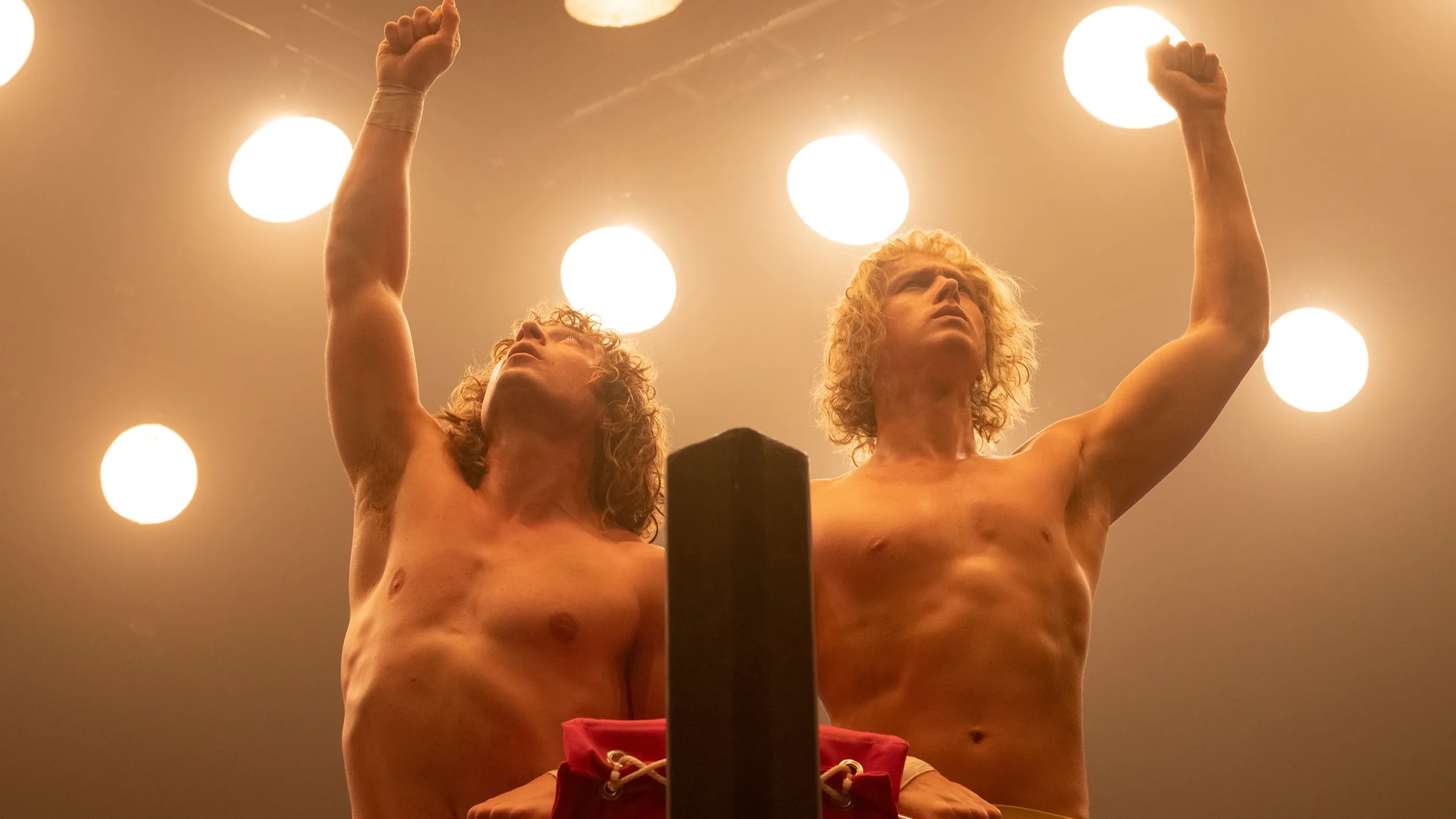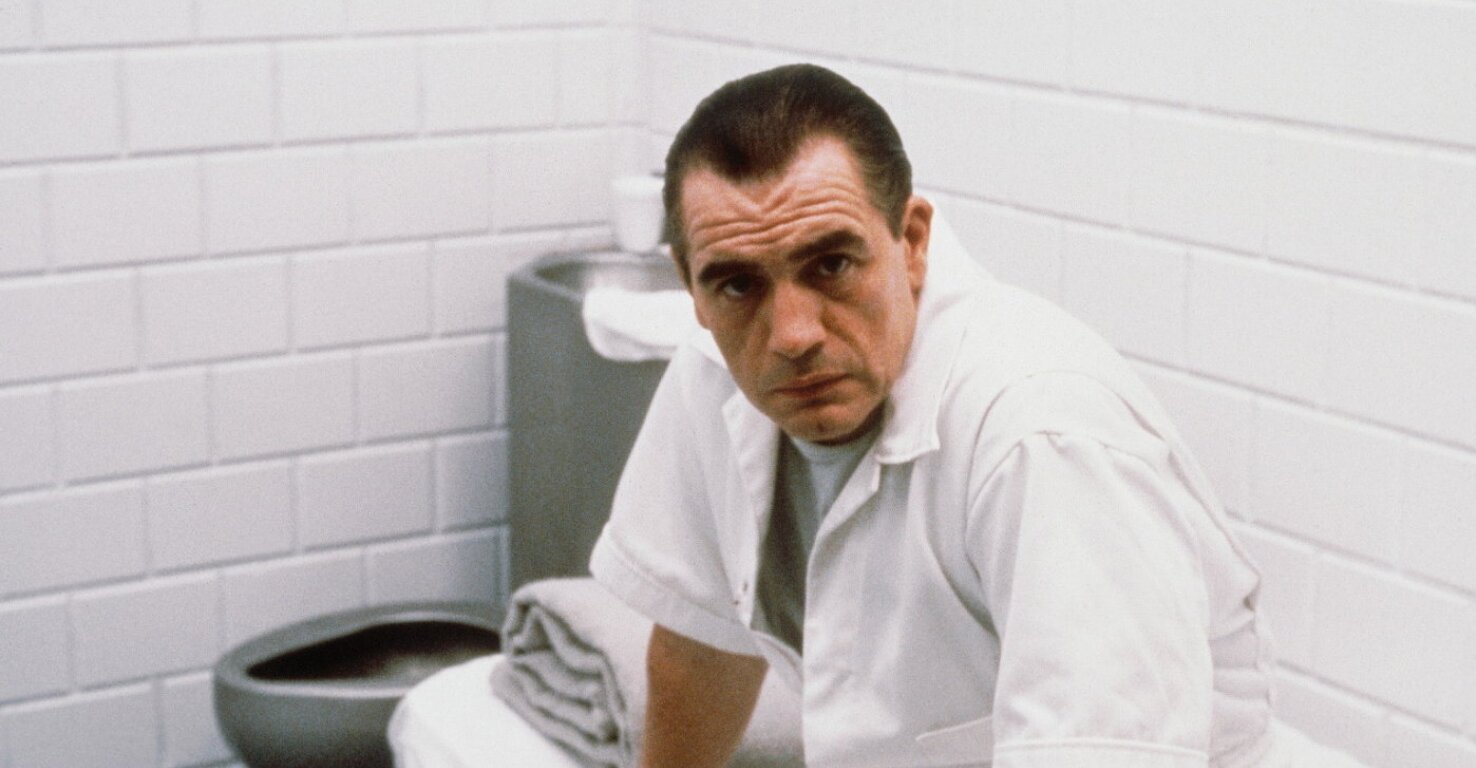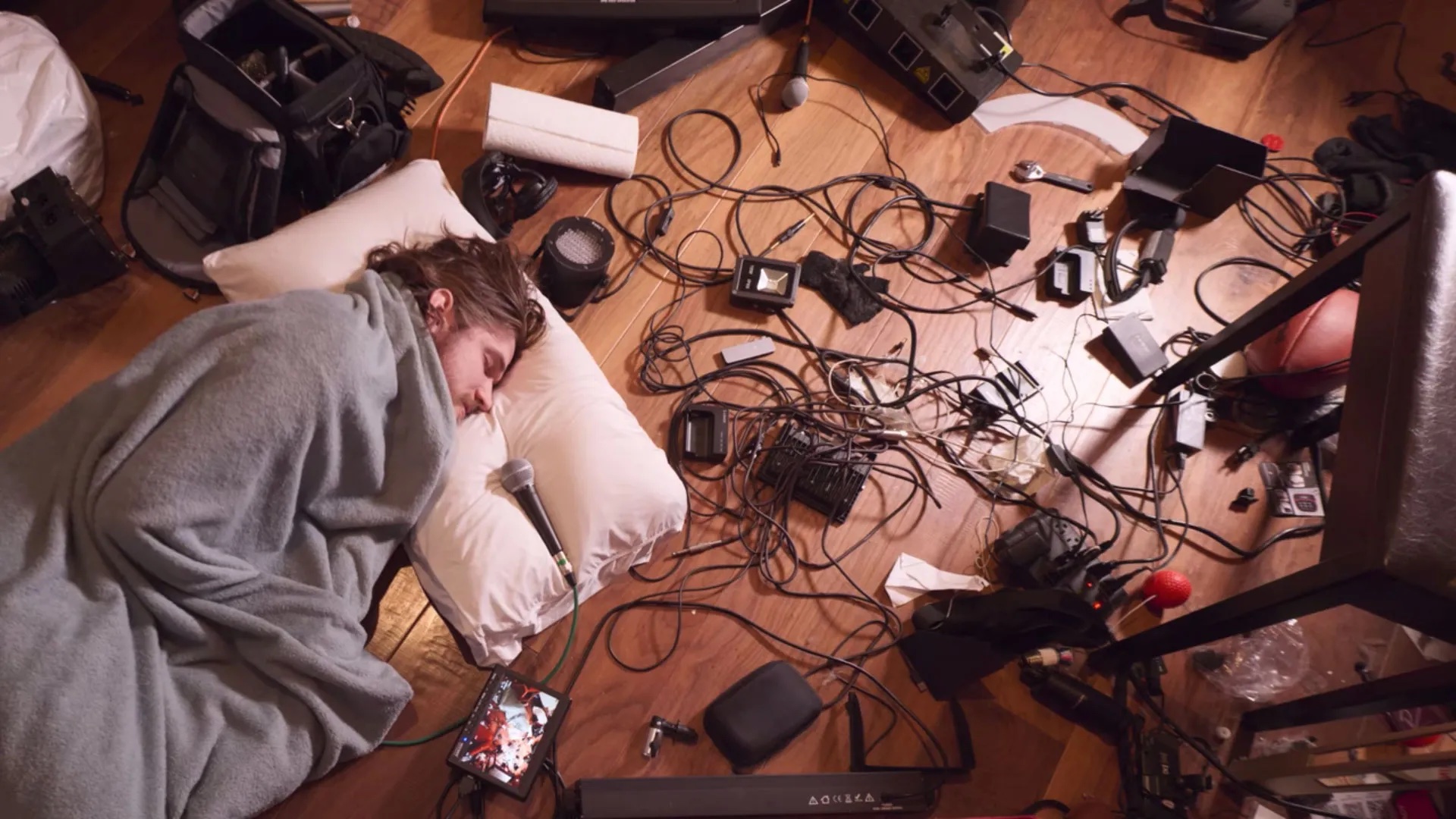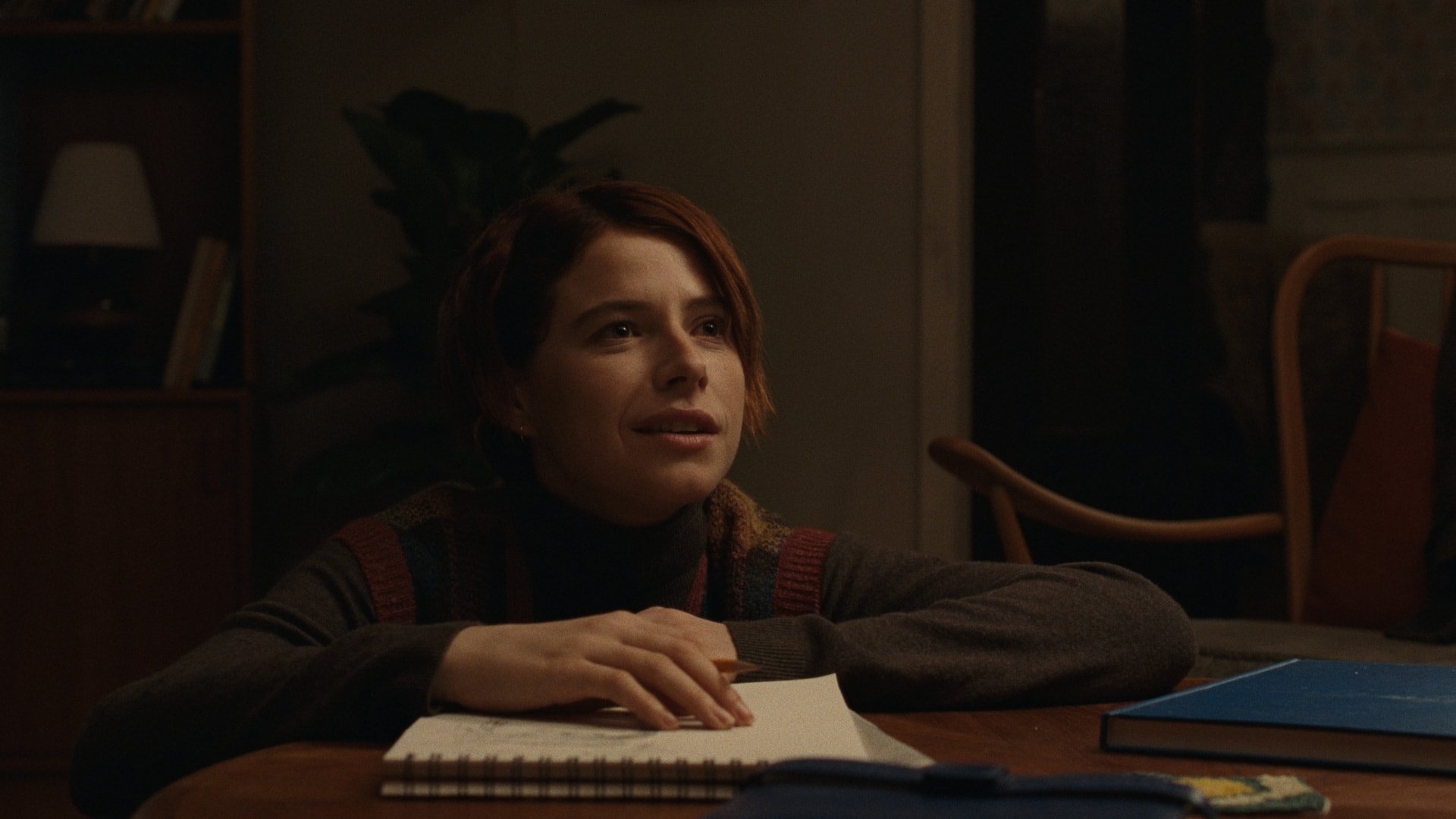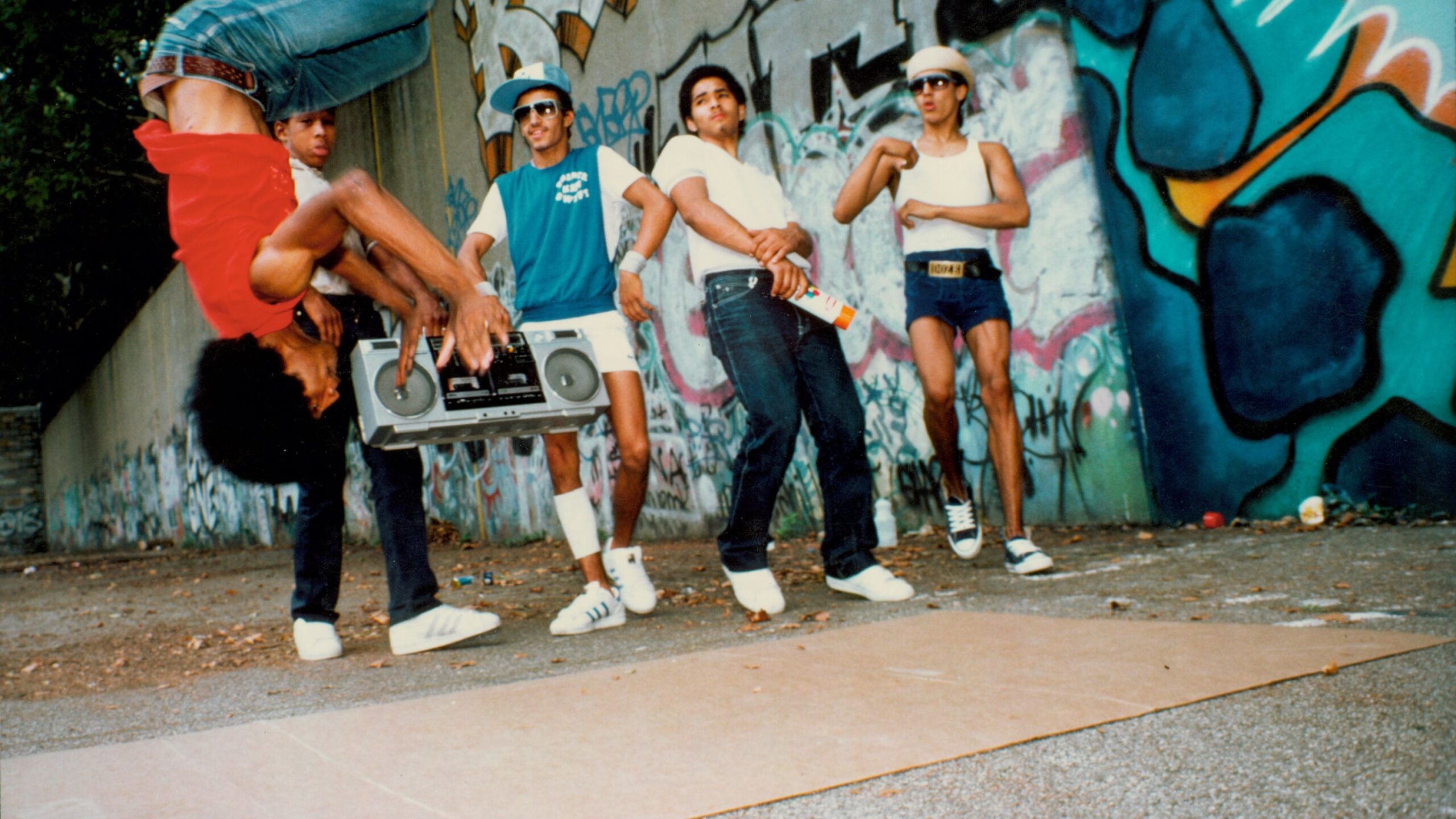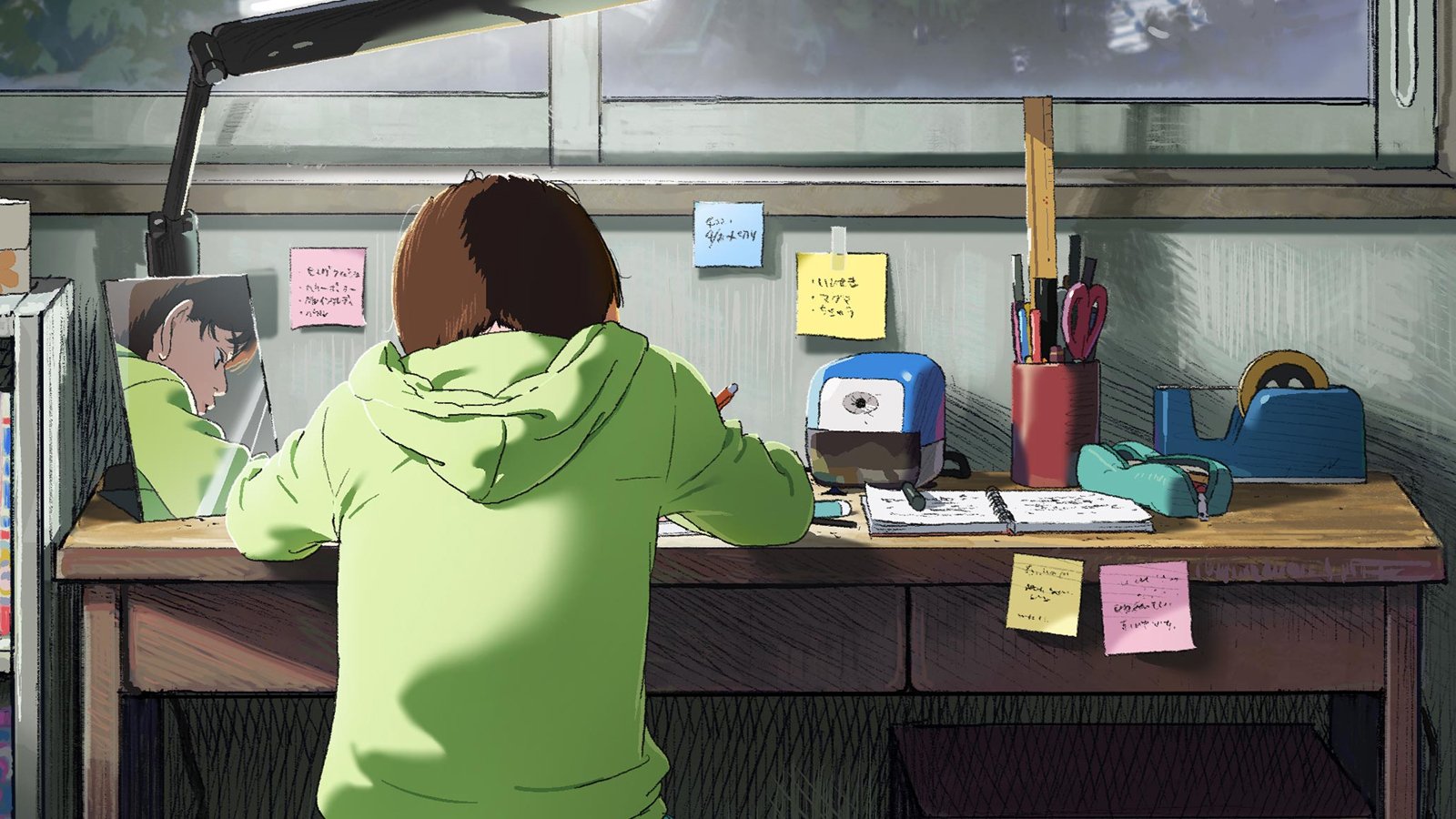
100 Best Films From Directors Under 30
April 7, 2025
Share:
In an industry dominated by seasoned veterans, these young prodigies have burst onto the scene, challenging conventions and redefining the art of storytelling. These films showcase the raw talent and unique perspectives of directors under 30 (at the time of their film’s release), proving that age is no barrier to cinematic brilliance. Prepare to be awe-inspired and witness the birth of a new generation of filmmakers who are destined to shape the future of cinema. Get ready to discover the best films by directors under 30 that will leave you in awe and eager for what’s to come.
Read also:
91. After Hours (1985)
Genres
Director
Actors
Moods
Martin Scorsese had just spent a year prepping for The Last Temptation of Christ when Paramount Pictures unceremoniously pulled the plug on the movie just one month before production was due to start. After Hours was Scorsese’s way of exorcising all that disappointment and frustration, and you can feel it: this black comedy vibrates with manic intensity as it charts a night from hell in the life of Paul (Griffin Dunne), a somewhat scuzzy yuppie living in ‘80s New York City.
In keeping with its title — which suggests the movie is suspended in temporal limbo — After Hours feels like it takes place in some mythological hellscape, a demonic underworld in which everyone Paul meets has been sent forth with the express mission to make his life more miserable. Surreal coincidences pile up, deepening his paranoia and turning his simple goal of returning home into a labyrinthine quest for survival on the deserted, rain-soaked streets of SoHo. It’s the kind of celluloid nightmare that terrorizes and thrills you at the same time (a la the Safdie brothers’ best works, which draw inspiration from After Hours). Only a director of Scorsese’s caliber could turn profound professional disappointment into such a win as this.
92. Drifting Clouds (1996)
Genres
Director
Actors
Moods
An early gem from Finnish maestro Aki Kaurismäki, Drifting Clouds is a deceptively simple story. The aftermath of job losses for wife Ilona (Kati Outinen) and husband Lauri (Kari Väänänen) holds a series of misfortunes, all of them tests to their marital bond. But this is only the beginning: as with Kaurismäki’s endearing use of flat irony and detached performances by regular actors of his, things can only get worse before they get better. Humanism has always shined through the director’s films, and this first part of a “Finland” trilogy makes no exception to the rule: the fact that labor and closeness are the two main themes (and are equally important for one’s survival) already elevates the absurdist comedy to something way more caring, engaged, and ultimately, tender.
93. American Symphony (2023)
Genres
Director
Actors
Moods
Art is a hobby for most people, but for musician Jon Batiste and writer Suleika Jaouad, art is part and parcel of this thing called life. Of course, it’s part of their work, and it’s how they make a livelihood, but it’s more than that– it’s almost a spiritual ritual they cling to, especially when Jaouad finds out that her leukemia has returned. American Symphony mainly depicts the creation of said orchestral work, but director Matthew Heineman translates the symphony into cinematic form, culminating in a performance played over the intimate moments between Batiste and Jaouad. It’s not just a documentary of a performance, but a documentary about art, about creation despite life’s pains, perhaps to survive life’s pains. It’s a powerful work that makes it easy to believe in art as imperative for life, and vice versa.
94. Saltburn (2023)
Genres
Director
Actors
Moods
Oscar-winner Emerald Fennell got a lot of free reign with her debut, Promising Young Woman, which was a slightly modest ordeal even with a lead of Carrey Mulligan’s calibre. But now, with her sophomore film, she go to have some fun. Assembling a devout cast of particularly skilled actors—Barry Keoghan, Jacob Elordi, Rosamund Pike, and Mulligan again—seems like an obvious decision, but the mix of them all is unlike anything we’ve seen before. A class satire, a psychological thriller, and a psychosexual drama, Saltburn is high class entertainment, with a snappy script, and many tricks up its sleeve. Brace yourselves for some bath-action, grave-action, and full-moon-menstrual-action and many other scenes you may have not ever pictured shown on the screen. Actually, it’s impossible to prepare for a film like this one, but being open certainly helps digest the shock and provocations that are there for you to behold.
95. The Iron Claw (2023)
Genres
Director
Actors
Moods
The story of the Von Erich family is excruciatingly sad, but Iron Claw doesn’t dive right into the tragedy. Instead, it takes care to paint a picture of a close-knit family that’s filled with just as much warmth, jealousy, affection, and resentment as the next bunch. Durkin masterfully draws you into their circle so that everything that happens next is sure to cut deep. The choreography, chemistry, color—everything is carefully and beautifully set up, but the casting is what stands out the most. This wouldn’t have worked as well if it weren’t for the inspired move to pair Zac Efron, Jeremy Allen White, Harris Dickinson, and Stanley Simons as brothers and partners. On the internet, people have been dubbing The Iron Claw as “Little Women and The Virgin Suicides for men” and it’s not hard to see why. Apart from the sibling bond over glory and growing pains, all these films are also powerful explorations of gender. Iron Claw is a vicious takedown of toxic masculinity, while also being a searing family drama and an incredible showcase for Efron and company.
96. Look Back (2024)
Genres
Director
Actors
Moods
When the world gets dark– when something bad happens that makes you lose your faith in the world around you– it can be hard to think that art would be of any help. After all, a piece of paper with scribbles on it can’t undo the wrong that’s happened, or help out directly with the concrete, solidified systems and solutions to the world’s problems. Look Back even acknowledges the possibility of art harming its creators, but through the friendship forged by Fujino and Kyomoto, it also acknowledges the way art can save you and the people who share that love, through some of the most beautiful animation ever created.
97. Manhunter (1986)
Genres
Director
Actors
Moods
Before The Silence of the Lambs and Anthony Hopkins’ Hannibal, there was Manhunter and Brian Cox’s deeply unnerving Dr. Lecktor. Michael Mann’s neon-lit serial-killer thriller follows Will Graham (William Petersen), a retired FBI agent lured back to work by a psychotic mass murderer whom no one at the Bureau can catch. But Will has something no one else on the force does: he was so committed to tracking down the now-imprisoned Lecktor that he developed an ability to warp his mind into that of a deranged killer, seeing a kind of logic in their madness that allows him to hunt them down.
While that’s a professional superpower of sorts, it’s also a point of insecurity and a source of deep torture for Will, who struggles with the burden of his extraordinary empathy. Manhunter is thus a different kind of psychological thriller: while its dive into the depraved minds of Lecktor and the Tooth Fairy is certainly disturbing, it’s the obsessive, sanity-smashing effect the investigation has on Will that is most terrifying. Add to that Dante Spinotti’s impossibly vivid cinematography, Tom Noonan’s shudder-inducing performance as the voyeuristic Tooth Fairy, and the film’s surprisingly layered treatment of the murderer, and this is the serial-killer movie to end all others.
98. Bo Burnham: Inside (2021)
Genres
Director
Actors
Moods
A healthy mix of despair and self-deprecation has always been Bo Burnham’s signature, but Inside takes it to the next level. It’s a deconstructed film, rather than a simple one-night special; a one-man-show that constantly undercuts itself. Even more so, it sabotages its own immersive qualities and explores the depths of self-loathing by turning oneself into comedy material. Some may say, it’s a classic move, but the pandemic reality and Burnham’s unkempt look predispose us to embrace all the cringe (YouTube reactions), quirkiness, (the sock puppet), and frightening angst (suicide jokes) he puts forward. Emotional rawness and a polished DIY look fits the Netflix bill, but as far as the content goes, this one goes straight to the world heritage lockdown archives.
99. Fingernails (2023)
Genres
Director
Actors
Moods
In what is only his second feature, Greek director Christos Nikou crafts a singular universe that is orderly and enticing. The dystopian premise that you can now scientifically test for love may be bizarre, but it answers to one of the biggest anxieties humans share. That said, this particular world feels so close to ours today, that you want to dive right in it, weirdness and all. Even the topos of the love clinic, where couples get evaluated and take on exercises before they take the test is framed as a space for hope. There’s no underlying cynicism in Nikou’s film, which is perhaps the most surprising fact about it; on the contrary, longing—however painful it may be—abounds and seeps through the carefully composed images of shared doubt and suspect intimacy. Last, but not least, the chemistry shared by Buckley-Ahmed-White is nothing short of explosive.
100. Wild Style (1983)
Genres
Director
Actors
Moods
This cult classic is the first hip-hop movie in cinema’s history — and, aptly, one of the most sampled movies in rap music. With a cast drawn exclusively from the NYC graffiti, breakdancing, and rap subcultures that it spotlights, Wild Style wisely doesn’t try too hard to construct a conventional drama. Instead, there are toe-tapping scenes in neon-lit, smoke-filled clubs that stretch far beyond usual cinematic limits because they’re following the dynamic pace and infectious rhythm of the battling emcees, not film’s rules.
In lieu of a plot, Wild Style captures the singular atmosphere of the period it was filmed in, when hip-hop culture was thriving and art curators had begun to look to graffiti artists to fill their galleries. That uneasy turning point in the culture is chronicled here through the perspective of Zoro (real graffiti “writer” Lee Quiñones), a young artist who looks on with disdain as his peers embrace the commercialization of their medium by NYC’s art world. (As he shrewdly puts it, risk is central to graffiti’s identity — made for subway cars and walls, not framed canvases.) Brilliantly capturing the freewheeling spirit of NYC’s hip-hop scene, this is a time capsule that never feels dusty thanks to the appropriately off-the-cuff filmmaking.
Read also:
Comments
Add a comment
Ready to cut the cord?
Here are the 12 cheapest Live TV streaming services for cord-cutting.
More lists
Lists on how to save money by cutting the cord.
Curated by humans, not algorithms.
© 2025 A Good Movie to Watch. Altona Studio, LLC, all rights reserved.
